
Piles (haemorrhoids) – basics, symptoms and treatment
What are haemorrhoids?
Haemorrhoids, commonly known as piles, are swollen blood vessels in or around the anus and rectum. The haemorrhoidal veins are located in the lowest part of the rectum and the anus. Sometimes they swell so that the vein walls become stretched, thin, and irritated by passing bowel movements. Haemorrhoids are classified into two general categories - internal and external and external haemorrhoid.Internal haemorrhoids lie far enough inside the rectum that you can't see or feel them. They don't usually hurt because there are few pain-sensing nerves in the rectum. Bleeding may be the only sign that they are there. Sometimes internal haemorrhoids prolapse, or enlarge and protrude outside the anal sphincter. If so, you may be able to see or feel them as moist, pink pads of skin that are pinker than the surrounding area. Prolapsed haemorrhoids may hurt because they become irritated by rubbing from clothing and sitting. They usually recede into the rectum on their own; if they don't, they can be gently pushed back into place.
External haemorrhoids lie within the anus and are often uncomfortable. If an external haemorrhoid prolapses to the outside (usually in the course of passing a stool), you can see and feel it. Blood clots sometimes form within prolapsed external haemorrhoids, causing an extremely painful condition called a thrombosis. If an external haemorrhoid becomes thrombosed, it can look rather frightening, turning purple or blue, and could possibly bleed. Despite their appearance, thrombosed haemorrhoids are usually not serious and will resolve themselves in about a week. If the pain is unbearable, the thrombosed haemorrhoid can be removed with surgery, which stops the pain.
Causes

Pregnancy may increase the risk of developing piles, as it causes increased pressure in the body.
Piles are caused by increased pressure in the lower rectum.
The blood vessels around the anus and in the rectum will stretch under pressure and may swell or bulge, forming piles. This may be due to:
- chronic constipation
- chronic diarrhea
- lifting heavy weights
- pregnancy
- straining when passing a stool
The tendency to develop piles may also be inherited and increases with age.
ALOE VERA GEL Aloe vera can help digestive complaints such as indigestion, acid reflux, stomach bloating, flatulence and irritable bowel syndrome by cleansing the gastrointestinal (GI) tract, reducing colonic build-up and promoting normal transit of waste matter through the bowel. It does so, according to NCCAM, because it contains the laxative compounds barbaloin, aloin and aloe-emodin. It also has anti-inflammatory effects on the lining of the GI tract. Aloe vera also contains vitamins A, E and B-12, zinc, magnesium, calcium and essential fatty acids.
FIELDS OF GREEN
Forever Living Products™ provides a simple solution to “convenience eating” in Forever Fields of Greens™. Get the antioxidants you may be lacking. Forever Fields of Greens™ combines young barley grass, wheat grass, alfalfa and added cayenne pepper (to help maintain healthy circulation and digestion. This is essential as constipation triggers the effect
ALOE PROPOLIS CREAM
It has miraculous effects. Propolis Suppositories for External and Internal Hemorrhoids and Colon Cancer. For hemorrhoids you must use propolis suppositories and propolis ointment. To increase the effects of the propolis treatment, you can take some local baths with birthworth in the evening for about 10min
Applying Aloe Propolis Creme directly on the haemorrhoids will help reduce inflammation, pain and it is a natural antibiotic which will help prevent and treat any potential infection.
Drinking More Water May Help Relieve Constipation
Constipation is a common problem, characterized by infrequent bowel movements and difficulty passing stool.
Increasing fluid intake is often recommended as a part of the treatment protocol, and there is some evidence to back this up.
Low water consumption appears to be a risk factor for constipation in both young and elderly individuals (18, 19).
Carbonated water shows particularly promising results for constipation relief, although the reason is not entirely understood (20, 21)
FOR MORE INFORMATION AND PRODUCT DELIVERY CALL +233246475217




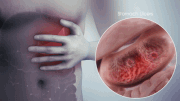

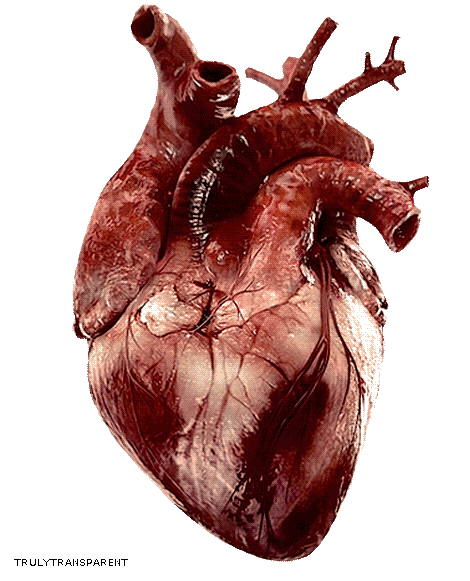
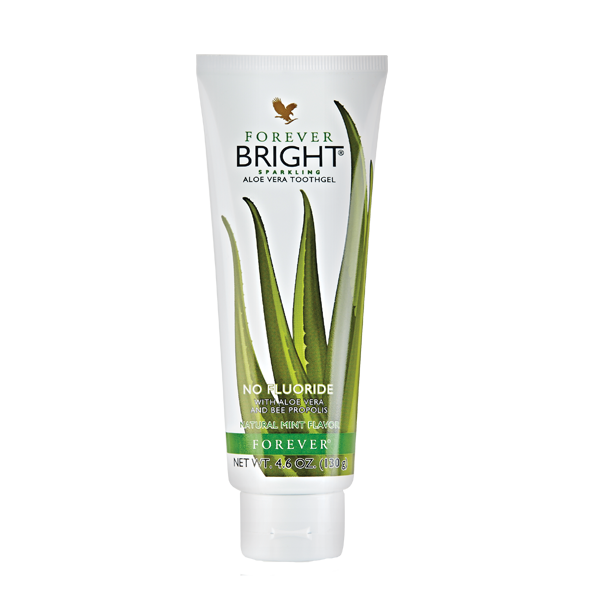






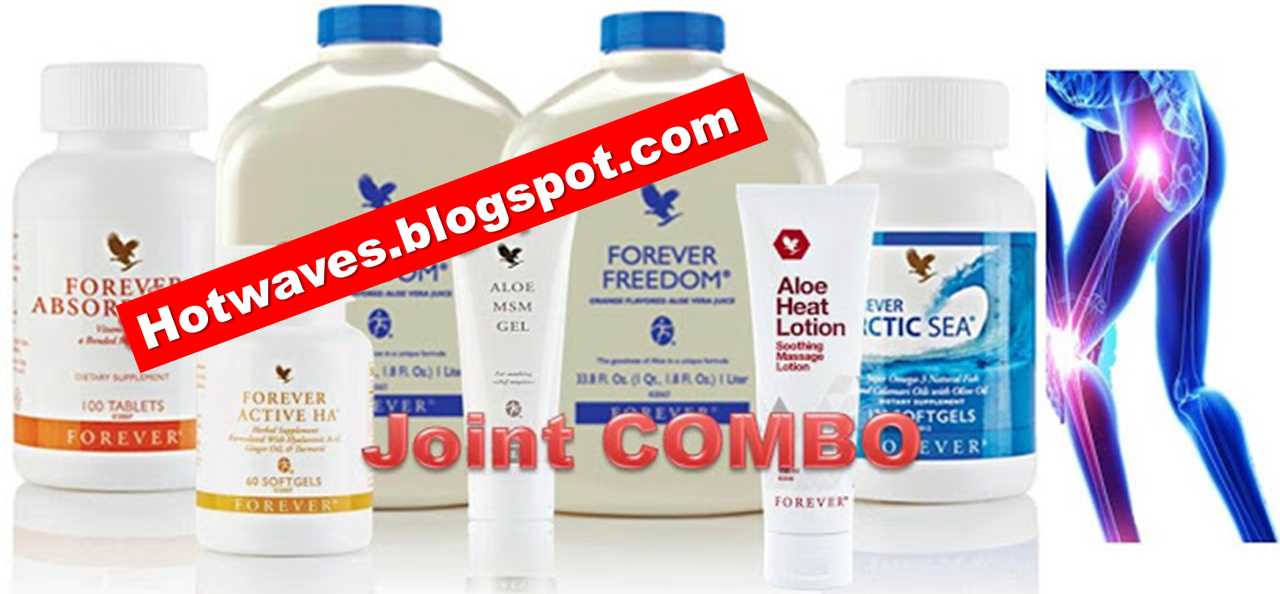
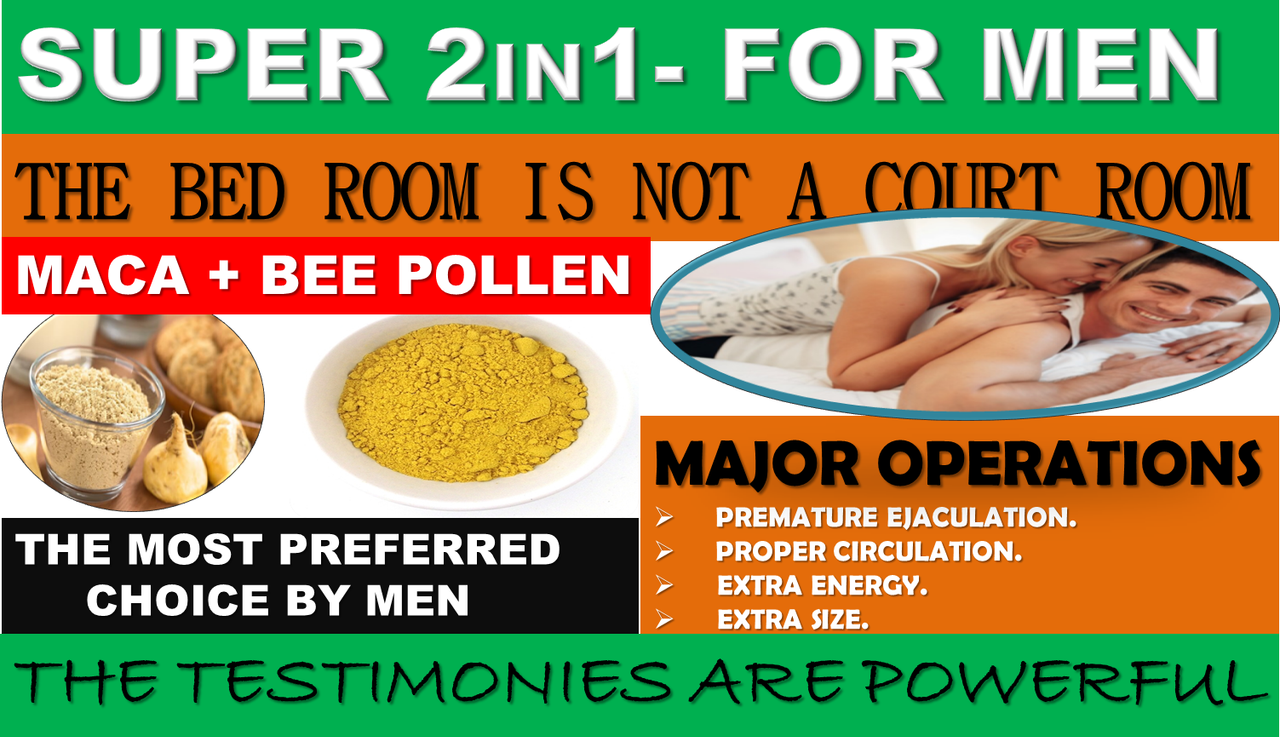
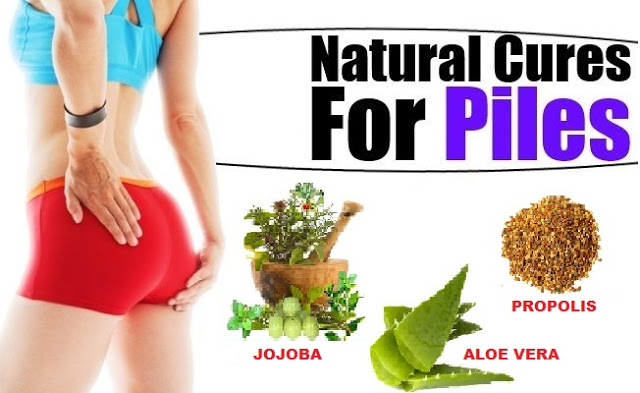
![HOME THERAPY FOR PILES REMOVER [ QUICKEST METHOD]](https://blogger.googleusercontent.com/img/b/R29vZ2xl/AVvXsEgPzHft58Q_4jwriUmXF_KAoOo5N4IU8JCX6jBuUvYOOIBuEnzT6M5RmuwSVXNLorHlp4S_A0z6YGRAiBK2TfvisSpZqWI1HrfOyRf-dkqqsokISxm2uTFcWE8lf0g1yOHE0AoJlDnwSNg/w72-h72-p-k-no-nu/Picture1.png)
![EXCELLENT P-HEALTH SUPER-FOODS FOR MEN [UNDER 5-MIN]](https://blogger.googleusercontent.com/img/b/R29vZ2xl/AVvXsEgCA5UNhyphenhyphenUgdzS4cDFh2FqSsvgm0k72XnrkYjQsj49eatv7BE33hL0A5XZL3c5JKfc_4JZ_oZka3iLBtj_2D-BobtDXS7YpLRUZy3d1IA45Qeic3lj1vNpL-KM-9yIpeIAy7CGGuB0Pi4Q/w72-h72-p-k-no-nu/77B4F915-056B-4E69-A606-BD1D5B642A53.png)

0 Comments